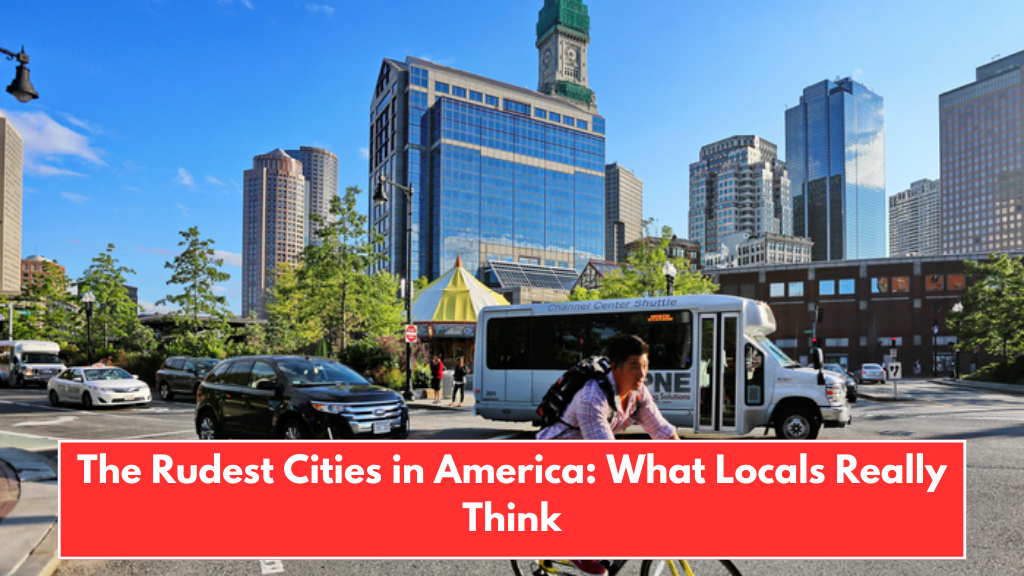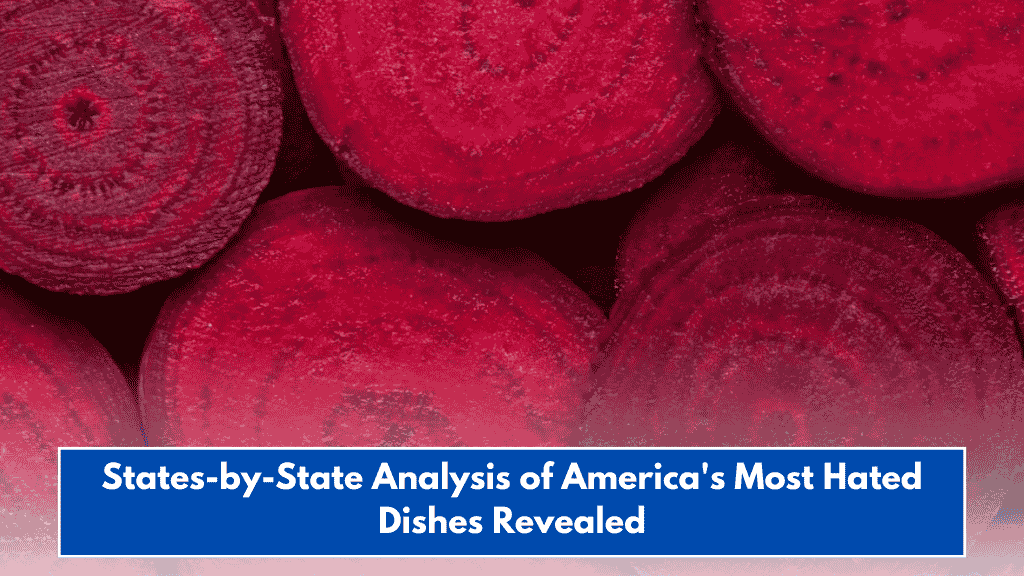Ever wondered where the richest people in the United States actually live? A recent study by Delia Law has revealed some interesting facts. Believe it or not, nearly one in every four billionaires in the U.S. calls California home.
Using data from tax returns and income reports, the study shows which states the ultra-wealthy prefer—and why.
Let’s look at the top states where billionaires live, and what makes these places so attractive to the super-rich.
California: The Billionaire Capital of America
California tops the list with 186 billionaires, making up 24.83% of all U.S. billionaires. Despite its high taxes, including a mansion tax on properties over $5 million, wealthy people continue to settle in cities like Los Angeles and San Francisco.
Why? California is home to Silicon Valley (think Mark Zuckerberg and Larry Page) and the entertainment industry (hello, Hollywood). These industries create enormous wealth, making California a top choice for billionaires.
Even though a wealth tax was proposed, it was not passed. So for now, billionaires still benefit from California’s business opportunities—even with the high costs.
New York: Big Money in the Big Apple
New York is second, with 135 billionaires, or 18.02% of the U.S. total. Home to Wall Street and some of the world’s most expensive real estate, the city offers luxury like nowhere else.
The mansion tax applies to homes costing over $1 million—which, in Manhattan, could mean just a regular flat. With a record-breaking sale of a $238 million property, New York continues to attract the super-rich despite its high cost of living.
Florida: A Tax-Free Paradise
Florida ranks third with 78 billionaires (10.41%). What sets Florida apart is its zero state income tax, estate tax, and inheritance tax. That makes it a magnet for billionaires wanting to protect their wealth.
Cities like West Palm Beach and Miami have seen a huge jump in millionaire and billionaire residents. Even Jeff Bezos has bought property in Florida.
However, critics say the tax system hurts middle-class residents, who end up paying more of their income compared to the rich.
Texas: A Fast-Growing Billionaire Hub
Texas comes fourth with 73 billionaires (9.75%). Like Florida, Texas has no state income tax, making it attractive to wealthy individuals and companies.
Elon Musk recently moved his companies to Austin, showing how big names are shifting to Texas.
But low-income Texans pay more in taxes (percentage-wise) than billionaires, which raises concerns about fairness.
Other Notable States
- Illinois: 23 billionaires
- Massachusetts: 22
- Georgia & Pennsylvania: 18 each
- Nevada: 17
These states have fewer billionaires but still host some of the nation’s wealthiest people.
Complete Ranking Table
| Rank | State | No. of Billionaires | Income Tax (in $1000s) | % of US Billionaires |
|---|---|---|---|---|
| 1 | California | 186 | 504,568,066 | 24.83% |
| 2 | New York | 135 | 324,747,056 | 18.02% |
| 3 | Florida | 78 | 280,559,094 | 10.41% |
| 4 | Texas | 73 | 336,149,775 | 9.75% |
| 5 | Illinois | 23 | 176,517,904 | 3.07% |
| 6 | Massachusetts | 22 | 136,910,476 | 2.94% |
| 7 | Georgia | 18 | 108,466,844 | 2.40% |
| 7 | Pennsylvania | 18 | 150,898,585 | 2.40% |
| 9 | Nevada | 17 | 28,985,886 | 2.27% |
Are Billionaires Good or Bad for States?
Billionaires help in many ways—they invest in local businesses, create jobs, and give to charity. But there’s a downside too. Many use tax loopholes that shift the burden onto middle- and low-income earners.
According to Dawn Delia, a federal tax attorney, “Billionaires can boost economies, but fairness in taxation must be a priority.”
As the debate grows, Americans are asking: Are billionaires helping society—or just helping themselves?














